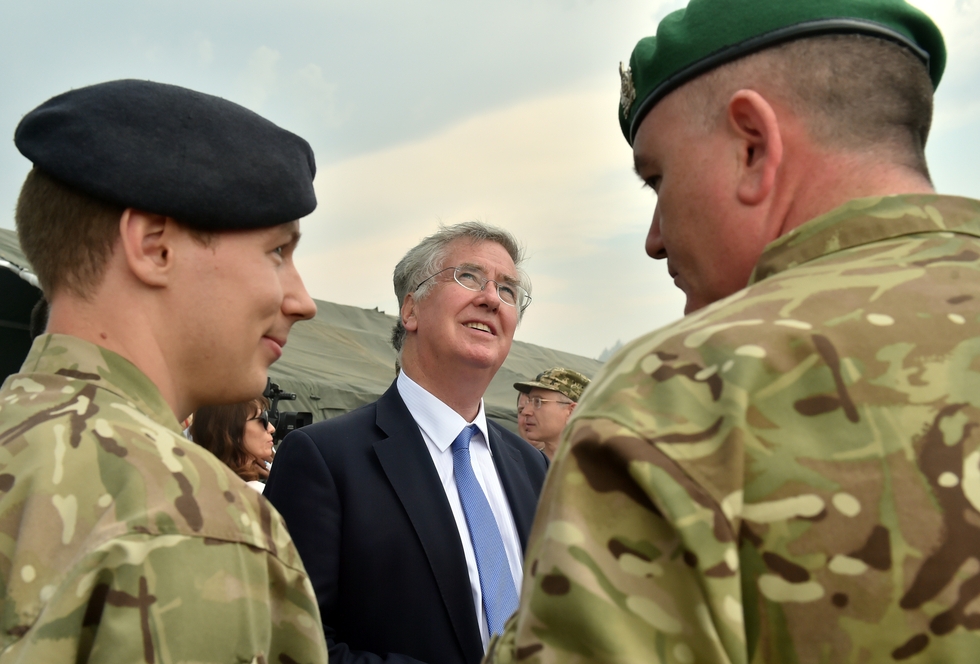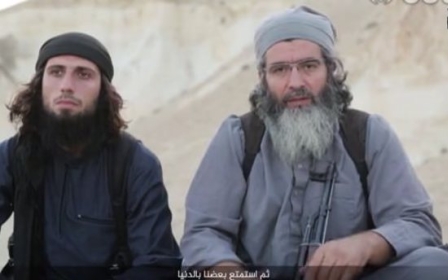British airstrikes kill 330 IS fighters: Minister

British airstrikes in Iraq have killed around 330 Islamic State (IS) militants since they began in September 2014, Defence Secretary Michael Fallon said in a statement on Thursday.
"The estimated number of IS fighters killed as a result of UK strikes from September 2014 to 31 August 2015 is around 330," the minister said, in response to a question from Green Party MP Caroline Lucas.
"We do not believe there have been any civilian casualties as a result of UK strike activity," he added in the reply, which was published on parliament's official website.
A recent report claimed that anti-IS coalition airstrikes have actually killed more than 450 non-combatants in Iraq and Syria, although it remains unclear if these figures include fatalities caused by British fire.
Britain currently has eight Tornado GR4 fighters and several Reaper drones conducting strikes, as well as a Sentinel and an Airseeker - both surveillance craft.
Fallon confirmed in August that Britain had carried out more than 250 airstrikes in Iraq.
Britain announced last month it was extending its airstrikes against IS targets in Iraq by a year to March 2017.
The announcement represents a second reprieve for the squadron of ageing Tornado GR4 fighter-bombers currently based in Cyprus which was due to be disbanded first this year and then next, and will now be kept on.
"We want to ensure we maintain this crucial operational tempo and so we will extend the lifetime of Number 12 Squadron for a further year to March 2017," Fallon told the BBC during a visit to Baghdad last year.
The Tornado jets are carrying out airstrikes, reconnaissance and surveillance over Iraq as part of US-led operations.
Britain is not currently taking part in airstrikes on targets in Syria, although it was announced last week that a Royal Air Force (RAF) drone over the country had killed a British militant planning attacks on Britain.
In 2013, British Prime Minister David Cameron's plan to join international military action in Syria was defeated by the House of Commons due to opposition from the Labour Party.
Cameron is now mulling a second vote to gain support for Syria strikes this year.
He hopes the new Labour chief could give him the support needed to get the move through the House of Commons, where he has a majority of only 12.
Parliament approved the Iraq airstrikes last September.
New MEE newsletter: Jerusalem Dispatch
Sign up to get the latest insights and analysis on Israel-Palestine, alongside Turkey Unpacked and other MEE newsletters
Middle East Eye delivers independent and unrivalled coverage and analysis of the Middle East, North Africa and beyond. To learn more about republishing this content and the associated fees, please fill out this form. More about MEE can be found here.




